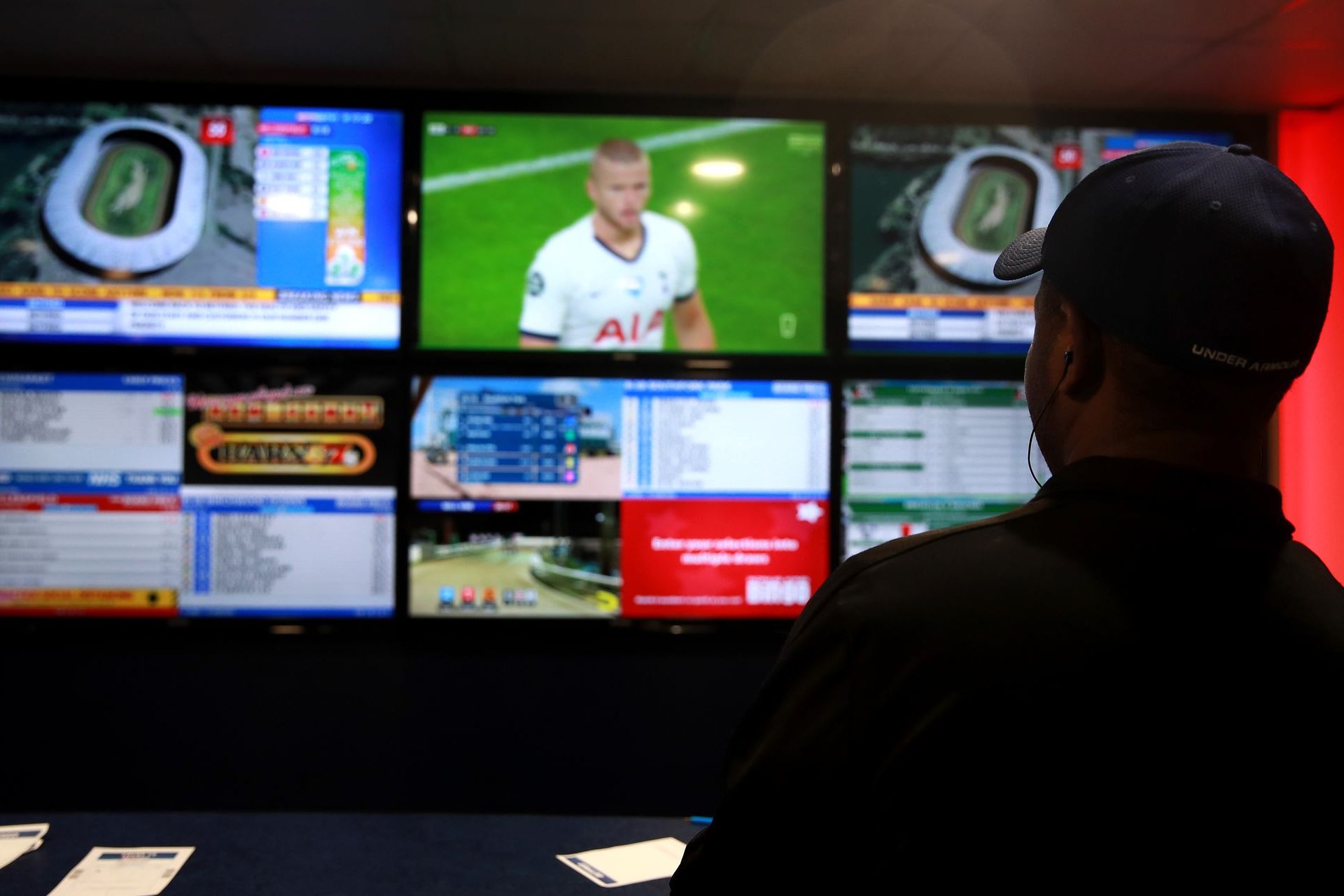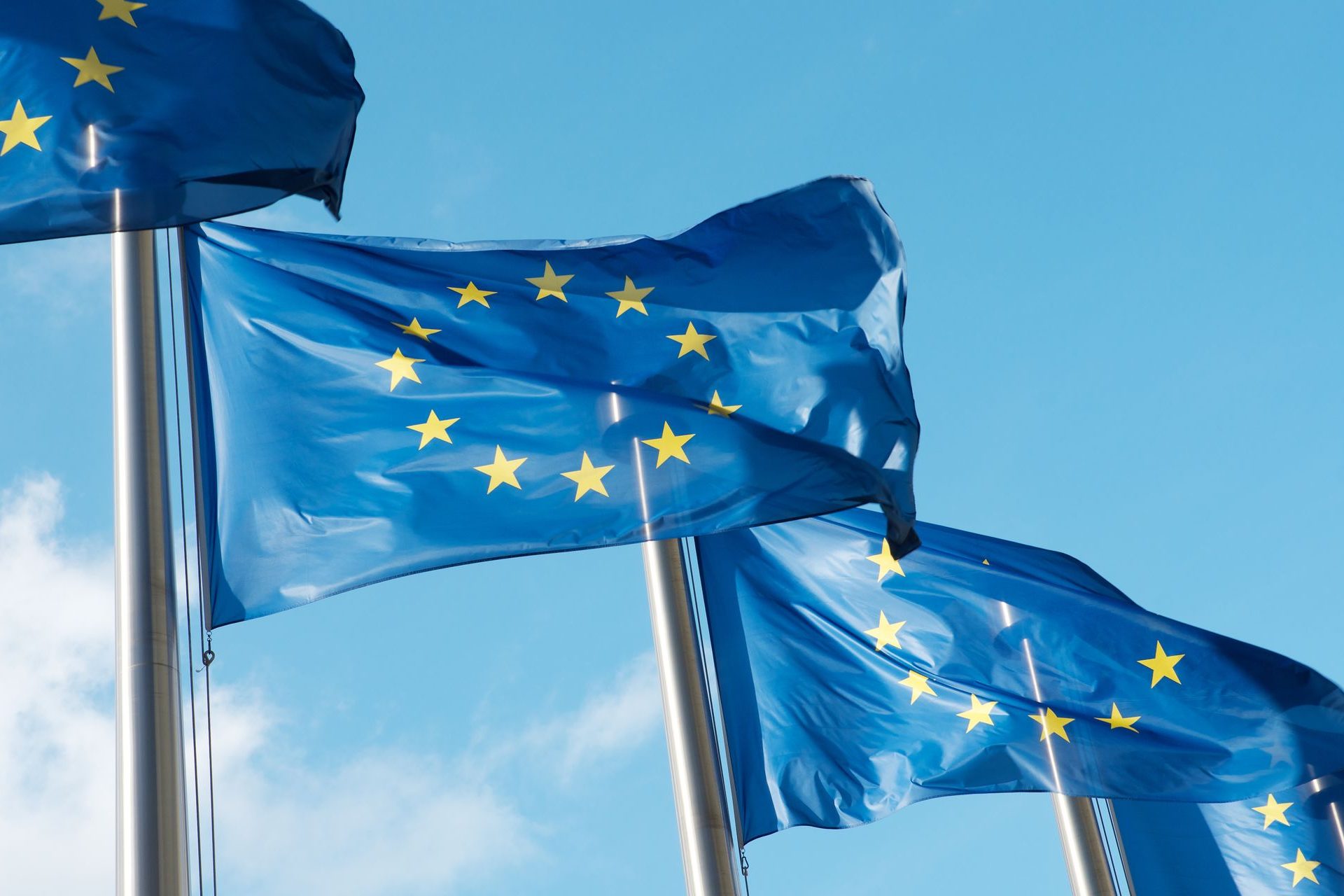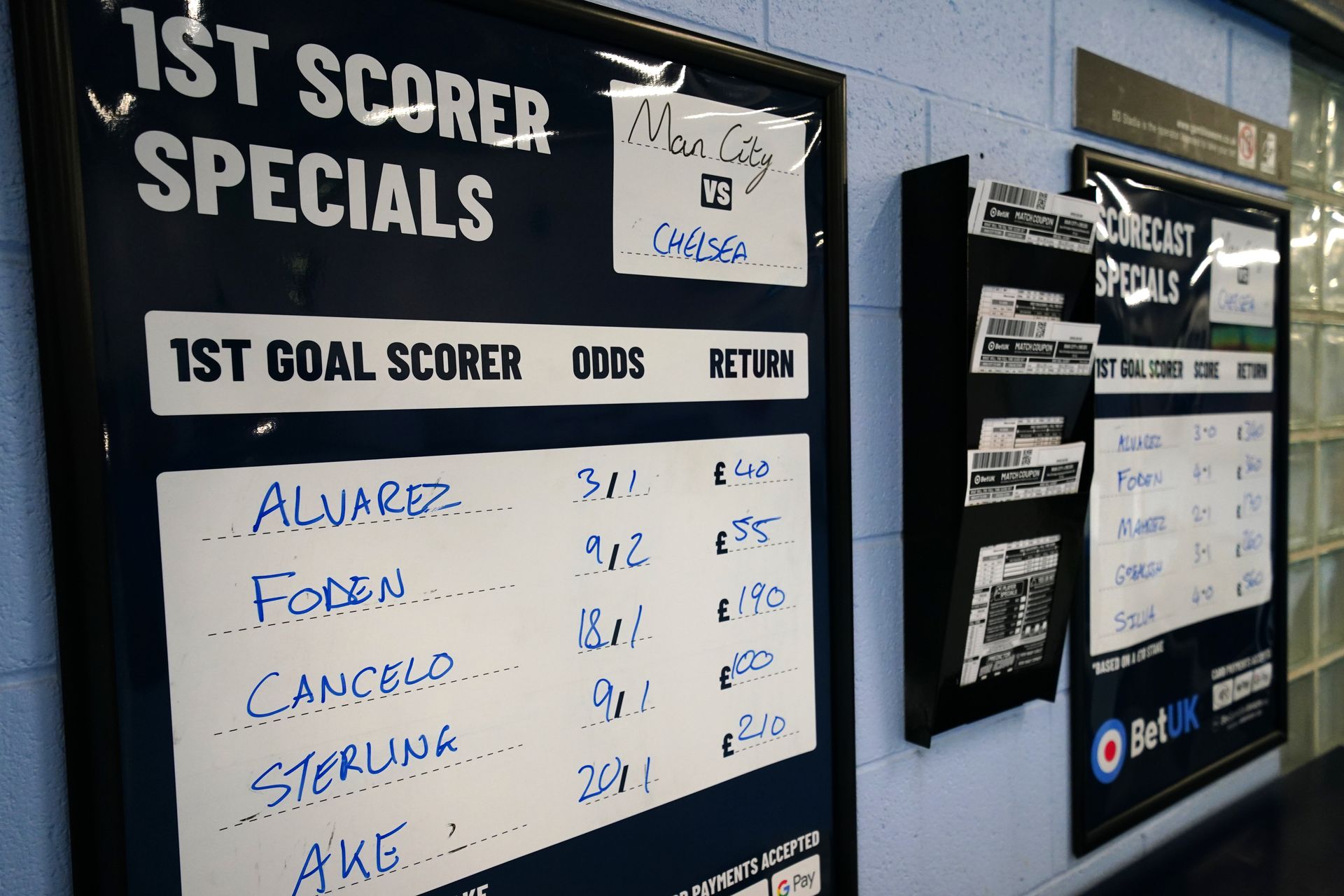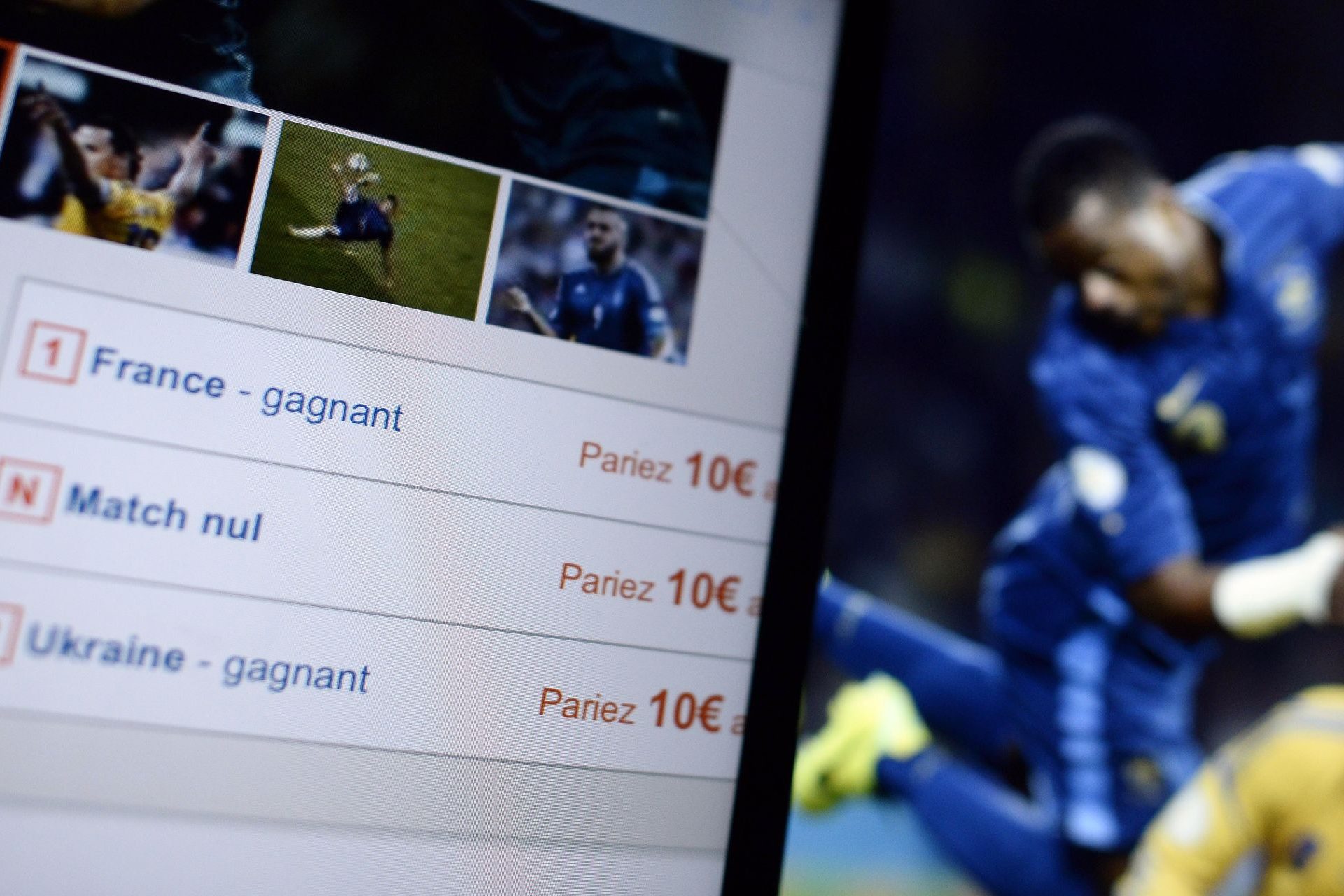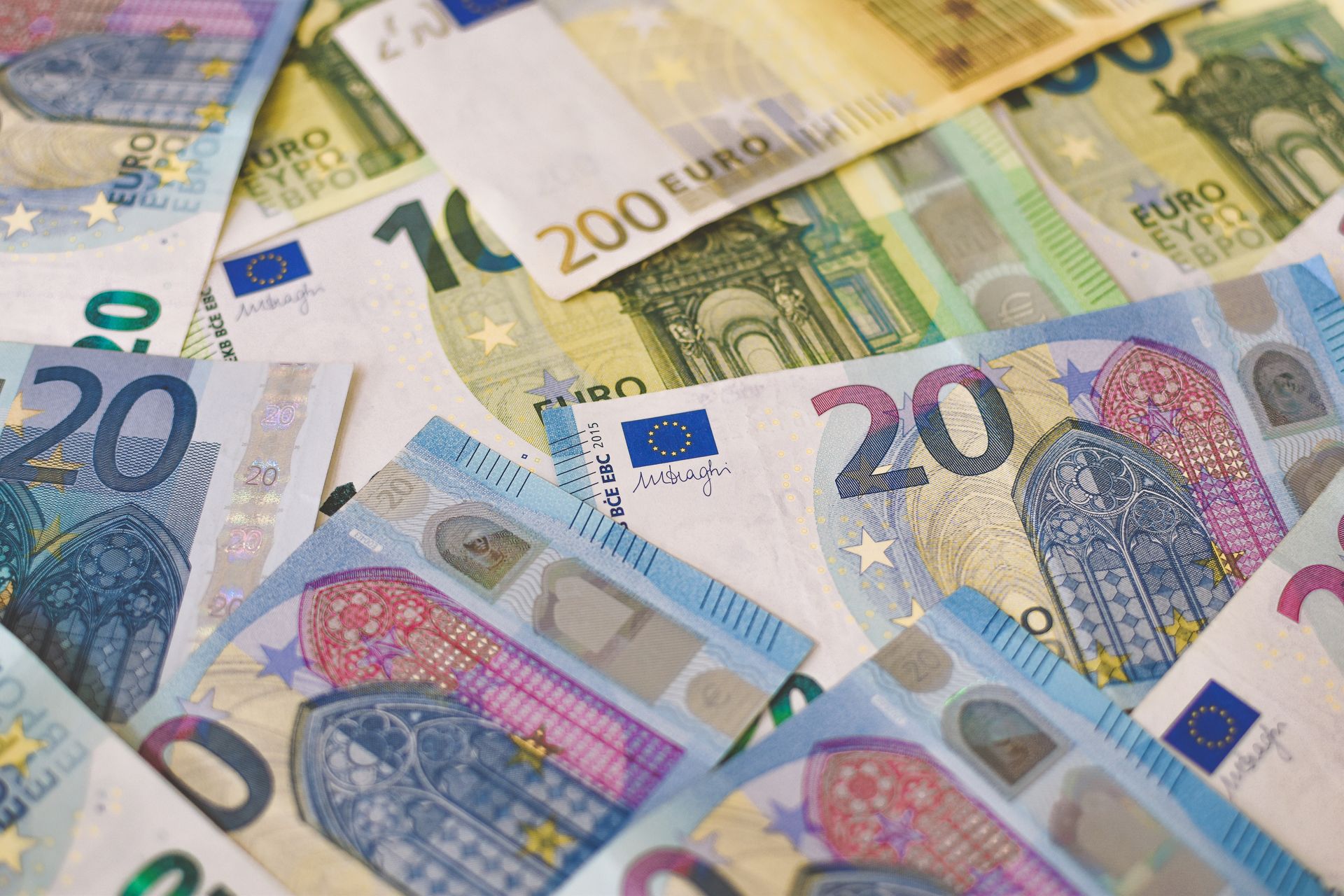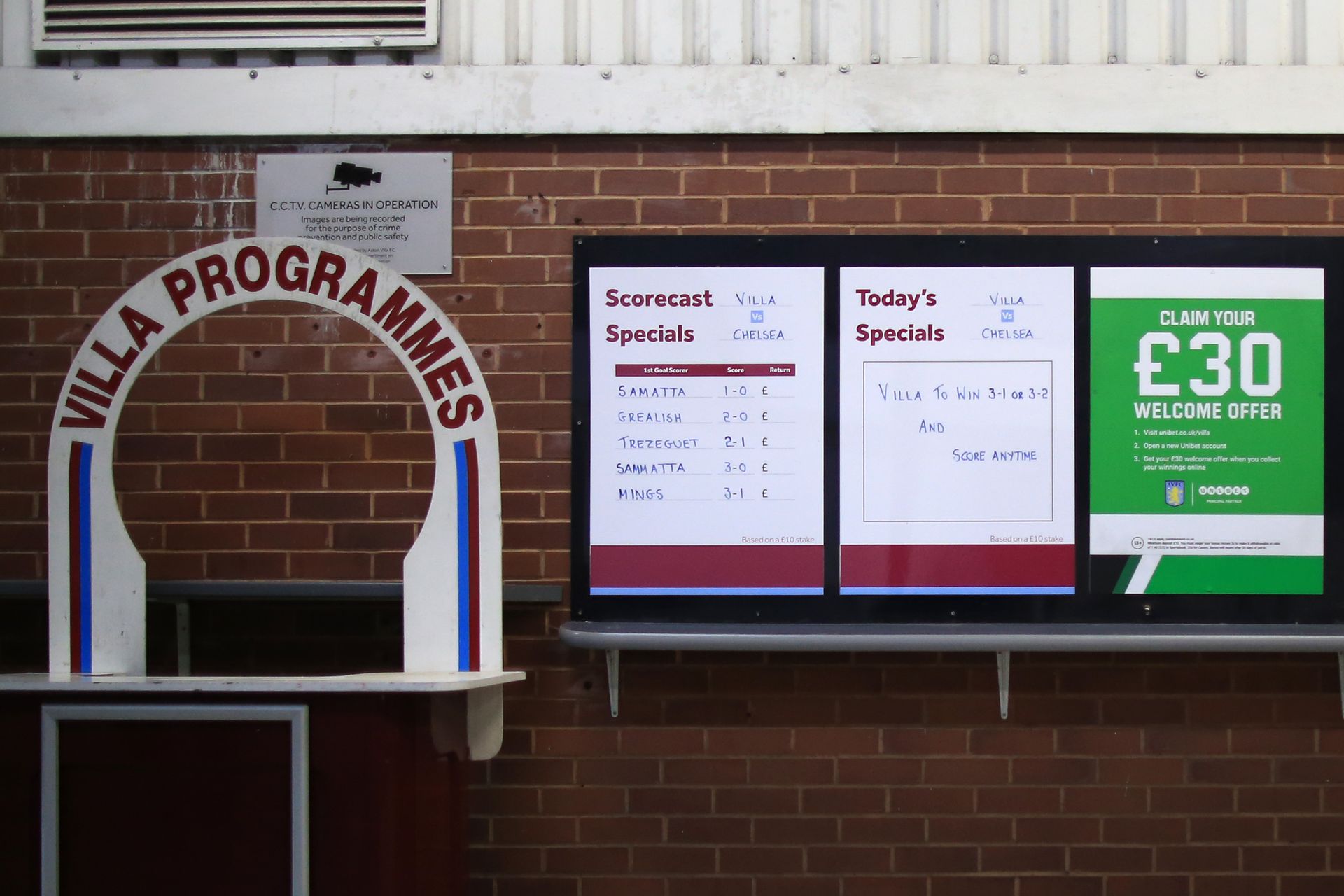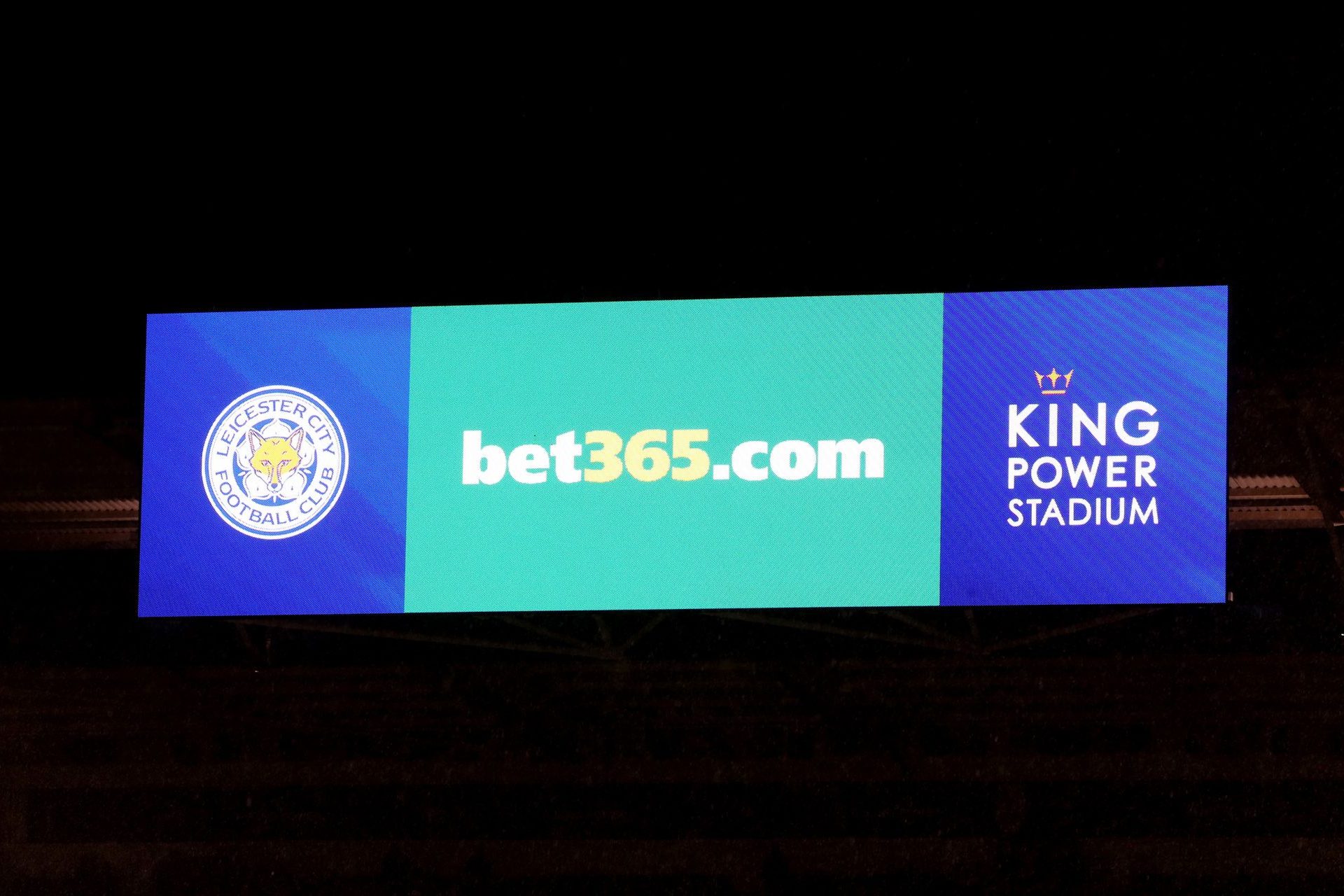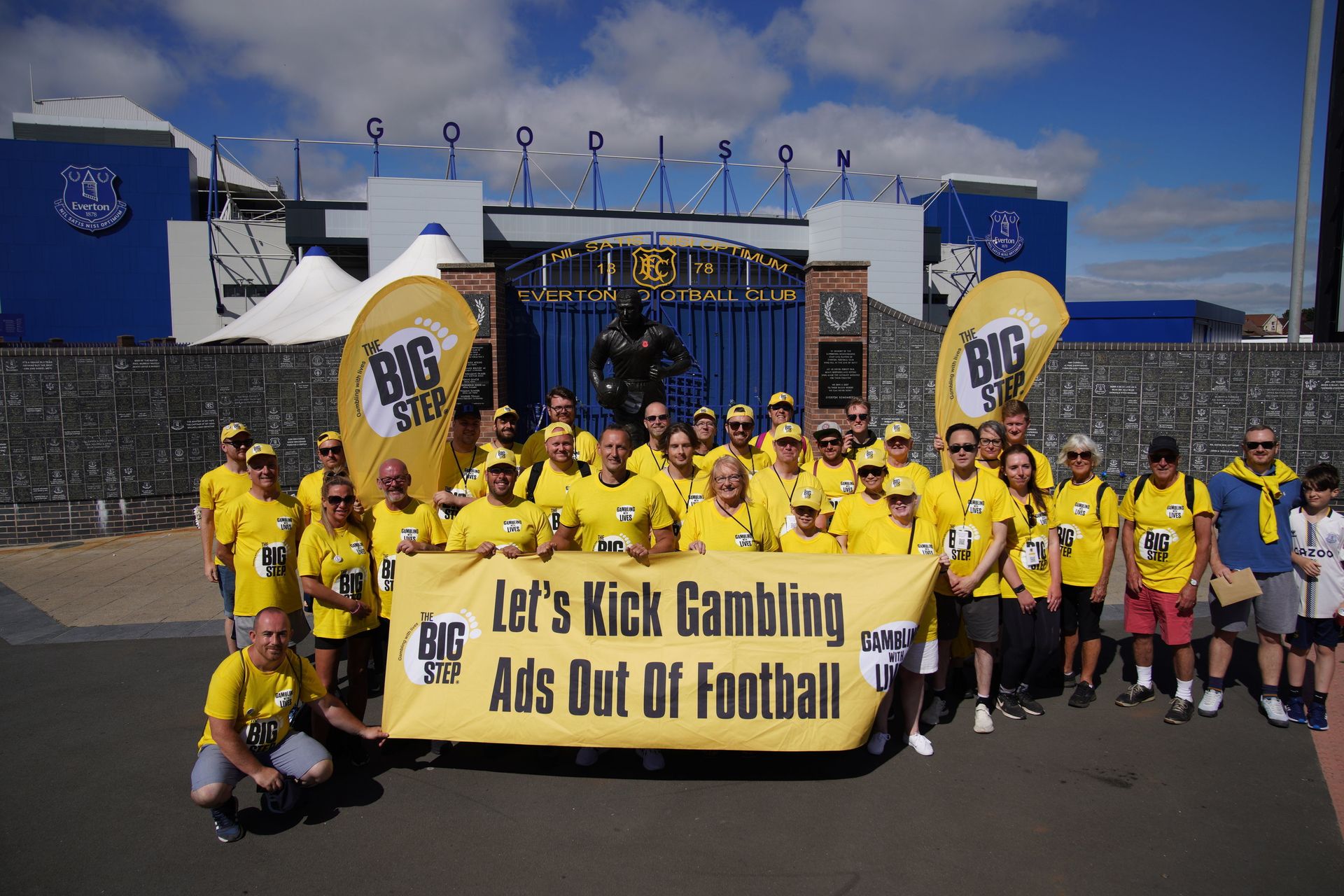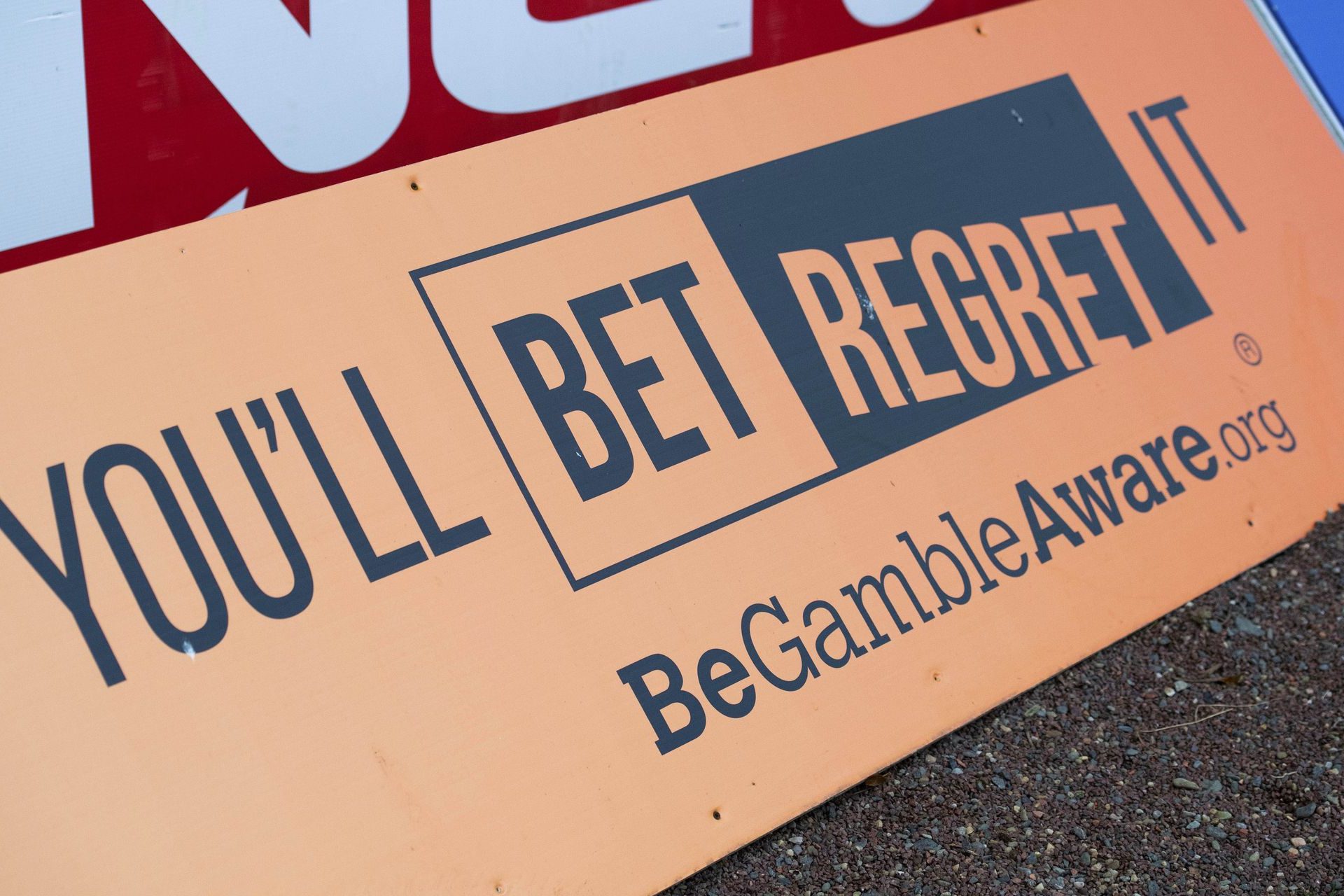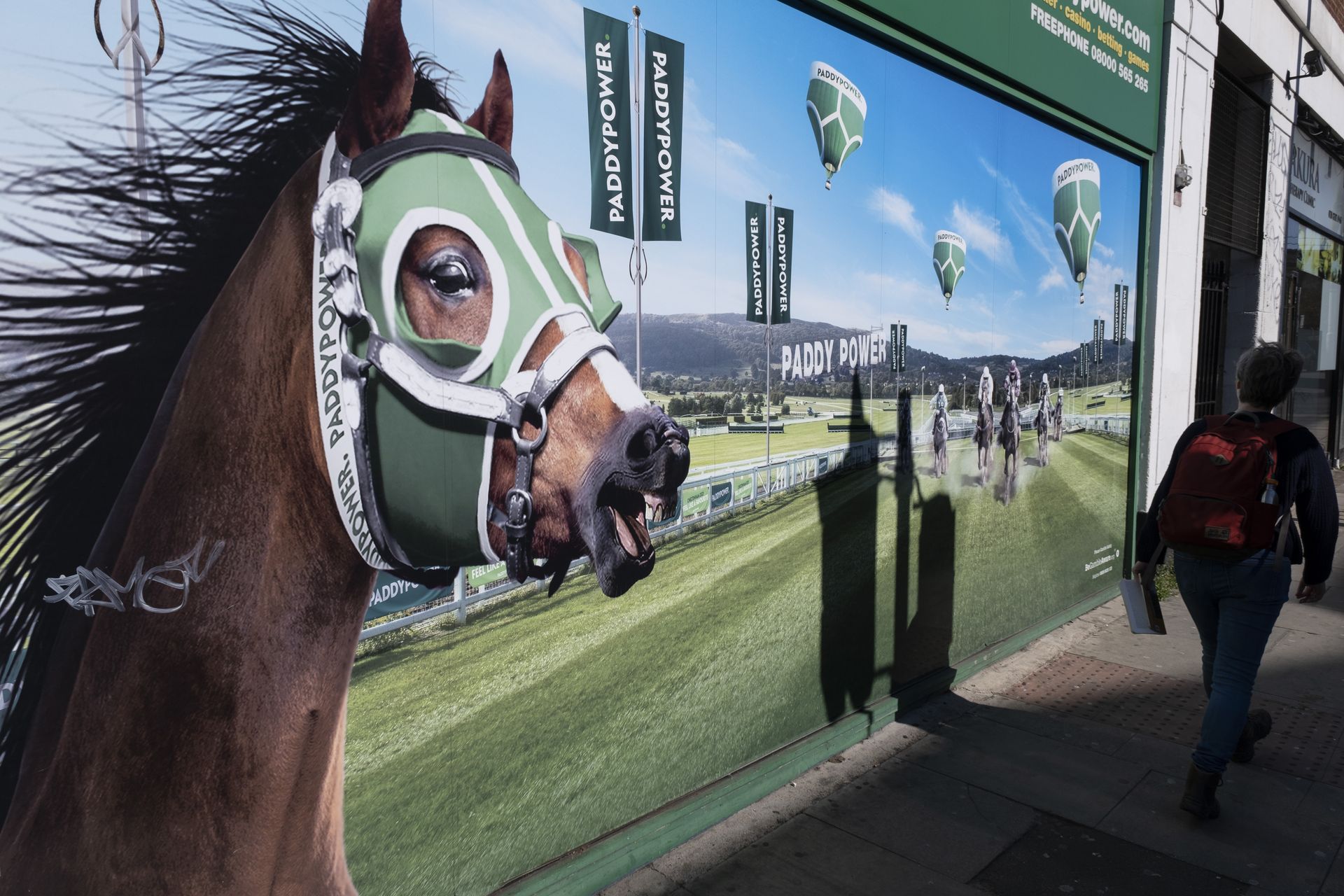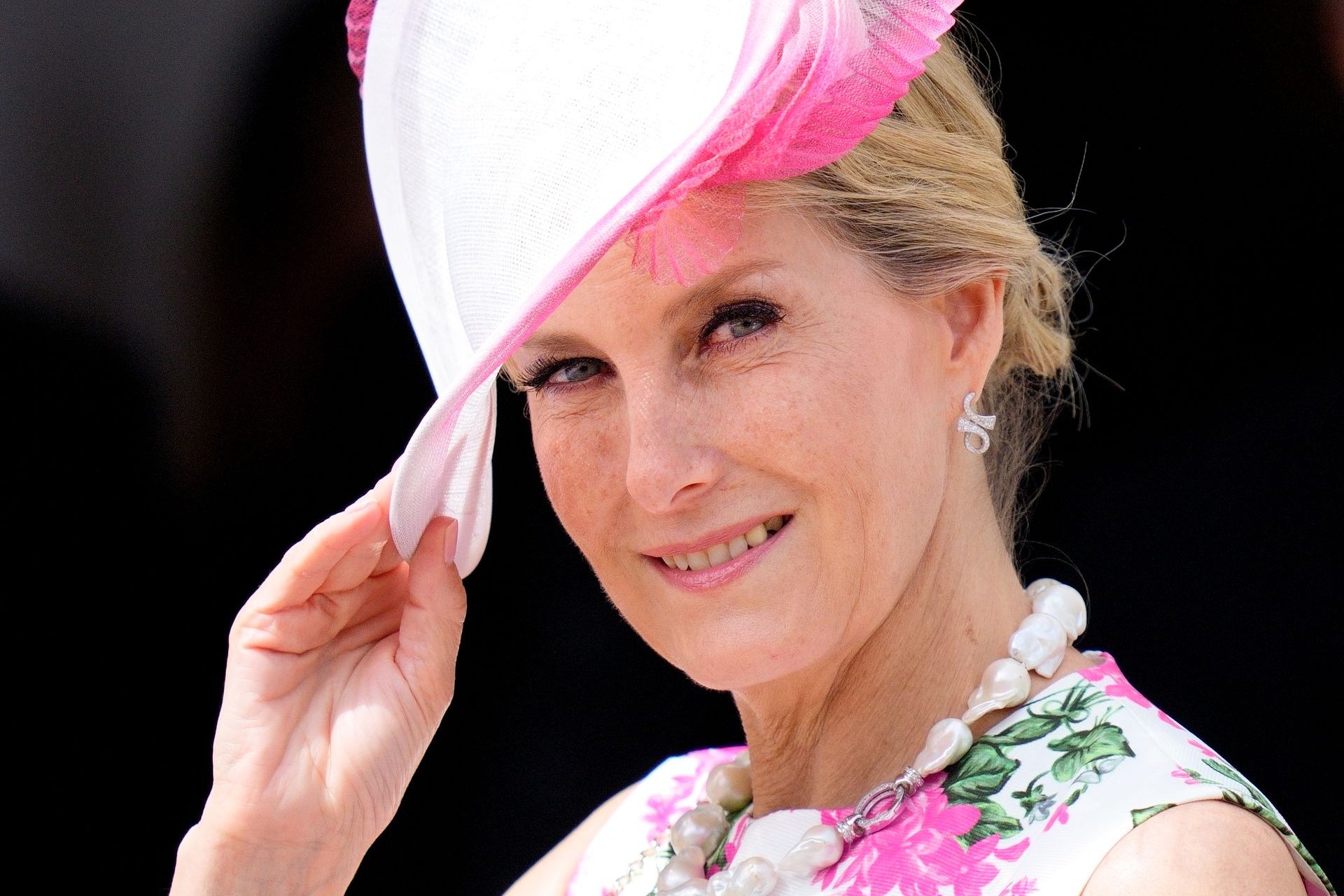Sports betting: is it dangerous for you?
Sports betting has experienced very rapid development, especially in Europe, over the last twenty years. Touted as entertainment by its promoters, the practice is increasingly denounced as a danger to one's mental health and finances. Let's have a look at the risks.
In Europe, gambling was organized by state monopolies for a long time. It mainly concerned the lottery and horse racing. However, several social and political changes have transformed the practice and modernized its image among the public.
In the 2000s, the liberalization of the gambling sector was decided at the European level. All of a sudden, a multitude of private operators could participate in the market. In addition, the development of the internet made sports betting easier to access from the comfort of your home.
Beyond the most popular sports such as soccer or football, large operators have expanded their range by offering bets on much lesser-known sports such as badminton or even curling.
Image: Muktasim Azlan / Unsplash
Furthermore, the variety of bets on the same match has increased enormously: for football, for example, you don't just bet on the result and the score, but you can also bet on the scorers, the types of actions, and a combination of different factors, among others.
According to data from the National Gaming Authority (ANJ) in France, the number of active player accounts was nearly 5 million in 2021. That's considerable in a country of 76 million people. Moreover, the increase of sports betters in the country since the previous year was 16%.
In the United States, the Pew Research Center determined that 19% of the adult population "have personally bet money on sports in some way in the last 12 months."
Image: Nick Wang / Unsplash
The president of the French regulator, Isabelle Falque-Pierrotin, calls betting "magnificent entertainment", which suggests that her organization is not likely to limit it soon.
As the French regulator says, sports betting "can help enliven communities and groups of friends. This corresponds to the 'gamification' of society, to the fact that we find ourselves part of a community. A whole bunch of people play because it’s in the spirit of the times."
Image: Florian Olivo / Pixabay
Successfully, sports betting operators carry out intense lobbying with national and European institutions. The 'Arte' documentary 'Sports Betting, the Bookmakers Win the Day' explains how much power they have.
Lobbyists for betting companies argue that their activity brings considerable tax revenue to the national economy. For countries like France or the United Kingdom, it would be around 5 billion. It's a financial windfall that complicates attempts to regulate the sector.
Image: Ibrahim Boran / Unsplash
Furthermore, the lobby regularly warns against the black market. Having its activity regulated would keep people from gambling below the table, it says. However, some former leaders of the gambling sector don't think the two kinds of betting differ very much.
Finally, lobbyists say, the sponsorship of betting companies would contribute to the financing of sports, particularly amateur sports that would otherwise have trouble finding resources. Depriving ourselves of such revenue would signify the death of sporting activity in Europe, they argue.
Between entertainment for the public and the colossal financial windfall for countries and sports organizations, the betting industry manages to present itself in an advantageous light. However, the phenomenon also has a dark side. More and more people denounce the negative effects of sports betting.
First of all, operators openly target a young audience. The unfinished development of the brain encourages excessive risk-taking among people under 25, making them more likely to become hooked on betting.
Image: Toa Heftiba / Unsplash
The 'Arte' documentary also reveals that advertisements for sports betting tend to target a relatively disadvantaged audience. They make working-class people dream of a better life through quick gains. Betting is especially popular among residents of poor neighborhoods and state-sponsored housing. But, as 'Arte' says, the bookmaker always wins in the end, not the player.
Image: Chromatograph / Unsplash
'Arte' describes invasive and repetitive advertisements on social media promising ever higher profits. Seeing those ads day after day, a person eventually breaks down and opens an online account against better judgment.
Image: Jamie Street / Unsplash
To attract younger people, betting companies also hire a lot of social media influencers. "The platforms openly flirt with young people, sometimes minors, by resorting to the remuneration of influencers, very present on TikTok, Snapchat, Twitch or Instagram," journalist Lionel Maugain tells ' France Info'.
"And unfortunately, it works, since we can see that 10% of 15/17-year-olds have already made at least one bet online last year, even though in principle, it is prohibited for minors," continues Lionel Maugain.
The practice is dangerous because the risks of addiction are very high. Operators sometimes reinforce this dependence, as they grant winnings at the start to make it easier for gamblers to get hooked and bet more - which then is followed by heavier losses.
Image: Uday Mittal / Unsplash
Addicted gamblers who start to lose are then caught in a spiral where they bet and lose more and more while trying to make up for their previous losses. This cycle leads them to situations of over-indebtedness.
Image: Towfiqu Barbhuiya / Unsplash
In practice, bookmakers almost always win at the cost of gamblers. According to ANJ data, only 27,500 bettors out of 4.5 million won more than 1,000 euros in France in 2021. And if someone manages to cost a platform money, they will often have their accounts blocked.
While it is a widespread practice among the general public, sports betting also happens among professional athletes. Italian footballer Sandro Tonali, for example, faces a ten-month suspension for illegal betting, for example.
His compatriot Nicolo Fagioli also sank into a betting addiction: "I gambled compulsively in front of the TV on all the sporting events that I watched, including football… At night, I no longer slept," he said, as quoted by 'So Foot'.
"The more time passed, the more my debt became an obsession. And the more money I owed, the more I thought about gambling to try to recover it all," Fagioli explains. A descent into hell.
Between over-indebtedness and damage to mental and even physical health, sports betting has a high social cost. The operators who promote gambling as a fun activity never mention this social cost as opposed to the benefits of the tax revenue for the economy.
Image: Brandon Holmes / Unsplash
To stem the occurrence of addiction, some countries now limit advertising and sponsorship of betting. In Italy and Spain, bookmakers can no longer appear on the jerseys of professional footballers, for example.
In Spain, a 2020 decree drastically reduced advertising for betting and gambling. It is now banned on radio and television (except between 1 a.m. and 5 a.m.) and banned entirely on the internet and social media. Is this an example for others to follow?
Follow Showbizz Daily to stay informed and enjoy more content!

